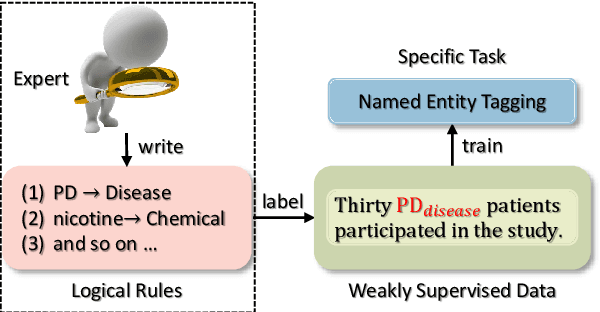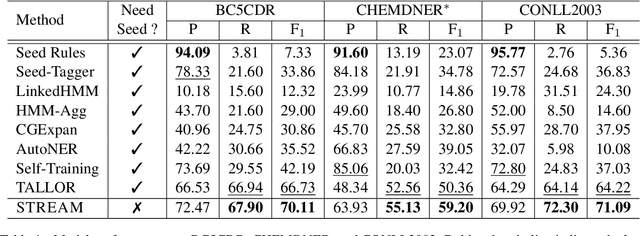Baoliang Cui
PUMGPT: A Large Vision-Language Model for Product Understanding
Aug 18, 2023Abstract:Recent developments of multi-modal large language models have demonstrated its strong ability in solving vision-language tasks. In this paper, we focus on the product understanding task, which plays an essential role in enhancing online shopping experience. Product understanding task includes a variety of sub-tasks, which require models to respond diverse queries based on multi-modal product information. Traditional methods design distinct model architectures for each sub-task. On the contrary, we present PUMGPT, a large vision-language model aims at unifying all product understanding tasks under a singular model structure. To bridge the gap between vision and text representations, we propose Layer-wise Adapters (LA), an approach that provides enhanced alignment with fewer visual tokens and enables parameter-efficient fine-tuning. Moreover, the inherent parameter-efficient fine-tuning ability allows PUMGPT to be readily adapted to new product understanding tasks and emerging products. We design instruction templates to generate diverse product instruction datasets. Simultaneously, we utilize open-domain datasets during training to improve the performance of PUMGPT and its generalization ability. Through extensive evaluations, PUMGPT demonstrates its superior performance across multiple product understanding tasks, including product captioning, category question-answering, attribute extraction, attribute question-answering, and even free-form question-answering about products.
Distilling Task-specific Logical Rules from Large Pre-trained Models
Oct 06, 2022



Abstract:Logical rules, both transferable and explainable, are widely used as weakly supervised signals for many downstream tasks such as named entity tagging. To reduce the human effort of writing rules, previous researchers adopt an iterative approach to automatically learn logical rules from several seed rules. However, obtaining more seed rules can only be accomplished by extra human annotation with heavy costs. Limited by the size and quality of the seed rules, the model performance of previous systems is bounded. In this paper, we develop a novel framework STREAM to distill task-specific logical rules from large pre-trained models. Specifically, we borrow recent prompt-based language models as the knowledge expert to yield initial seed rules, and based on the formed high-quality instance pool that acts as an intermediary role, we keep teaching the expert to fit our task and learning task-specific logical rules. Experiments on three public named entity tagging benchmarks demonstrate the effectiveness of our proposed framework. With several predefined prompt templates, our system has gained significant improvements over previous state-of-the-art methods.
 Add to Chrome
Add to Chrome Add to Firefox
Add to Firefox Add to Edge
Add to Edge